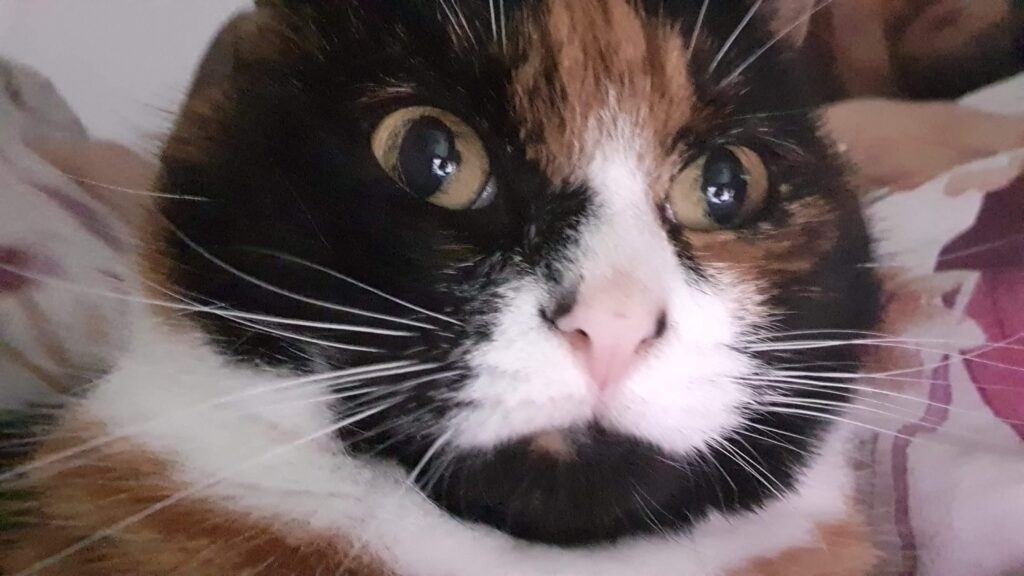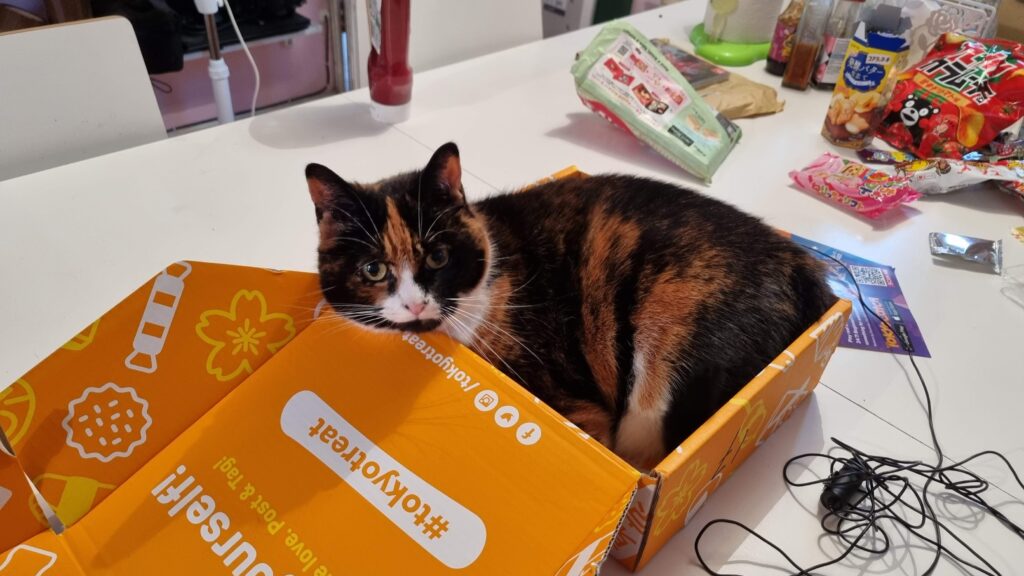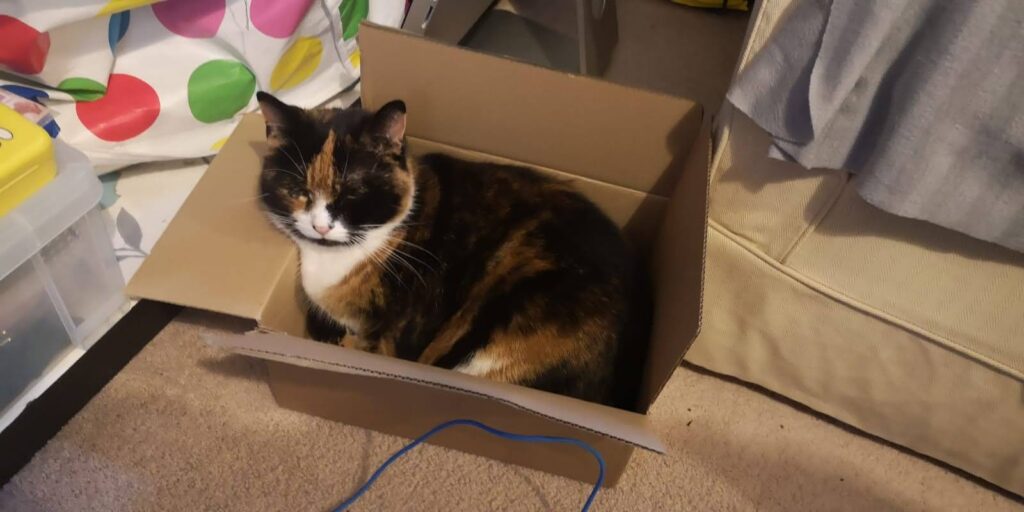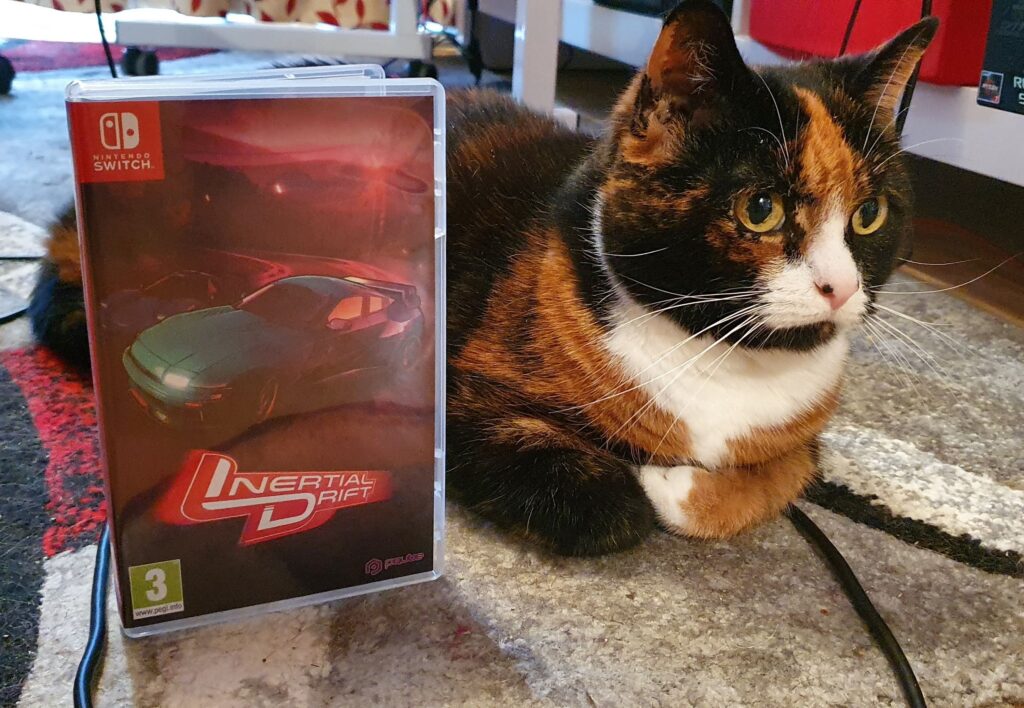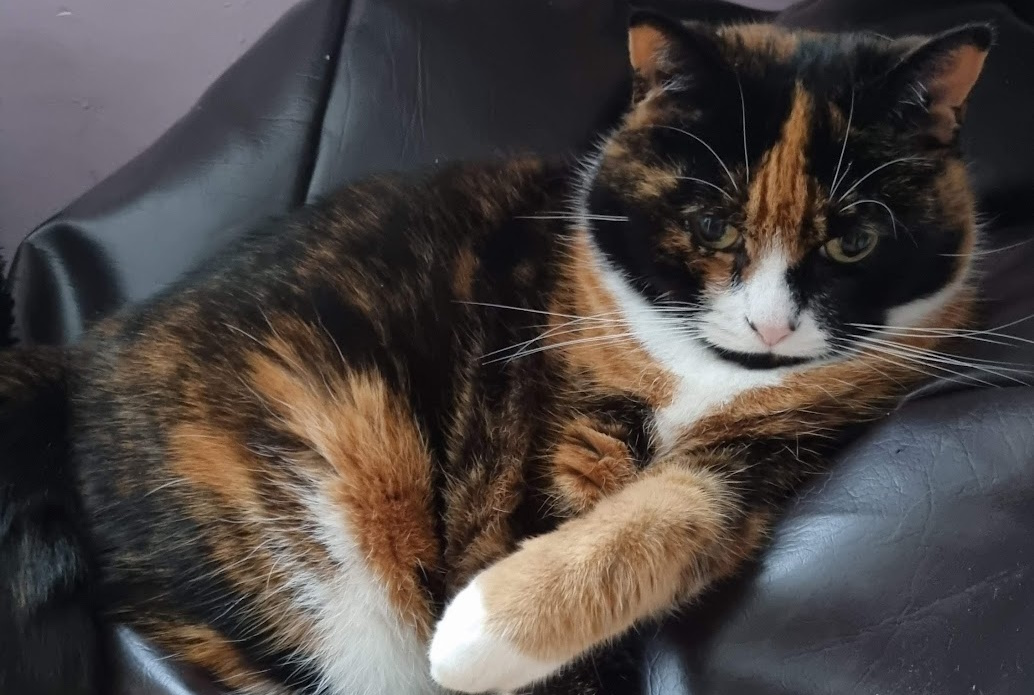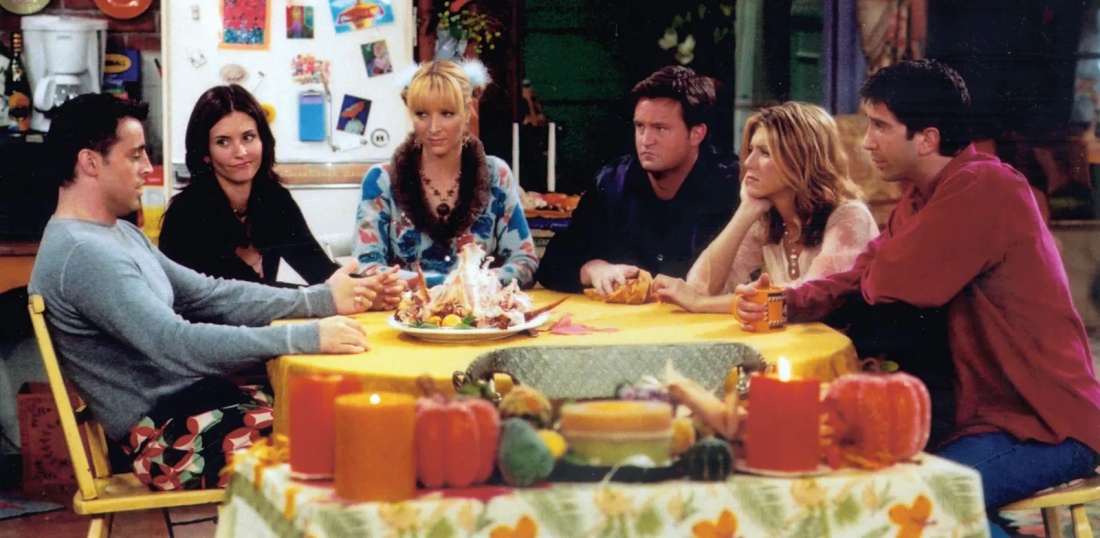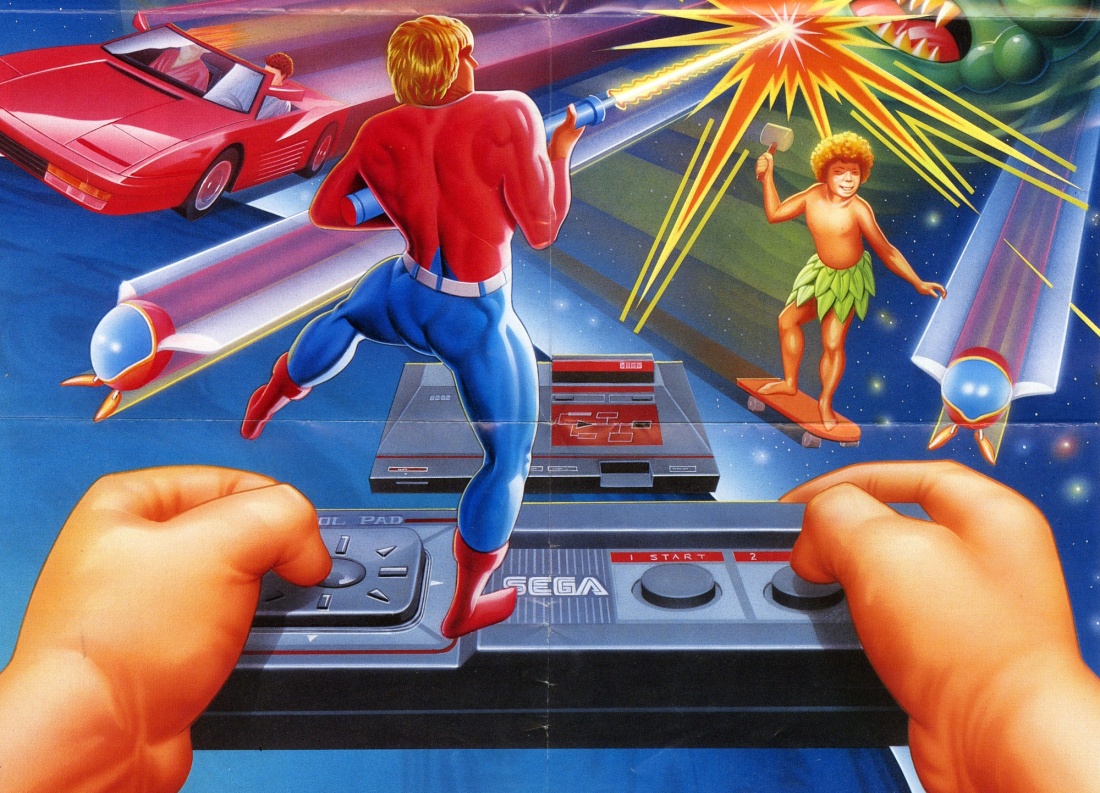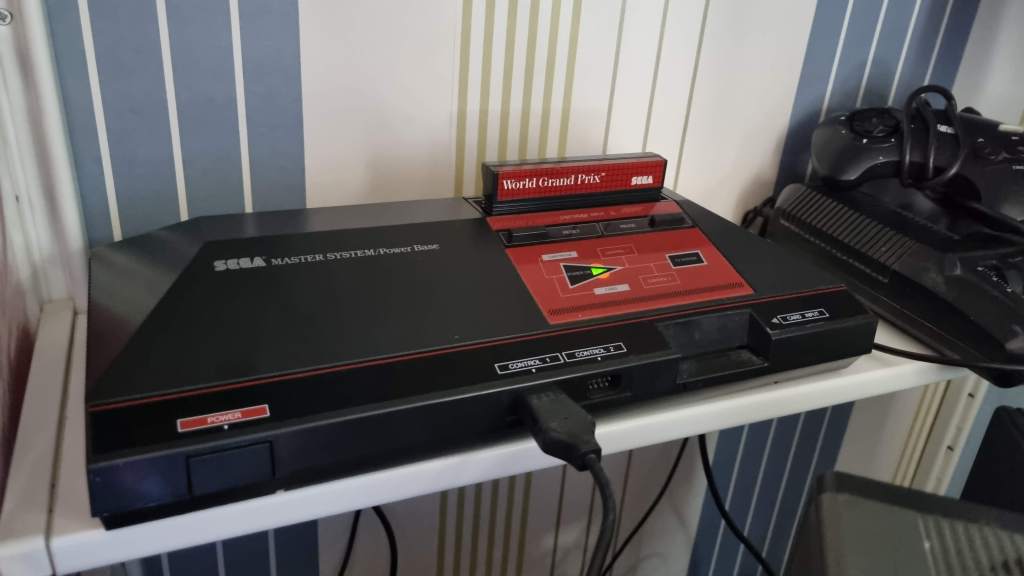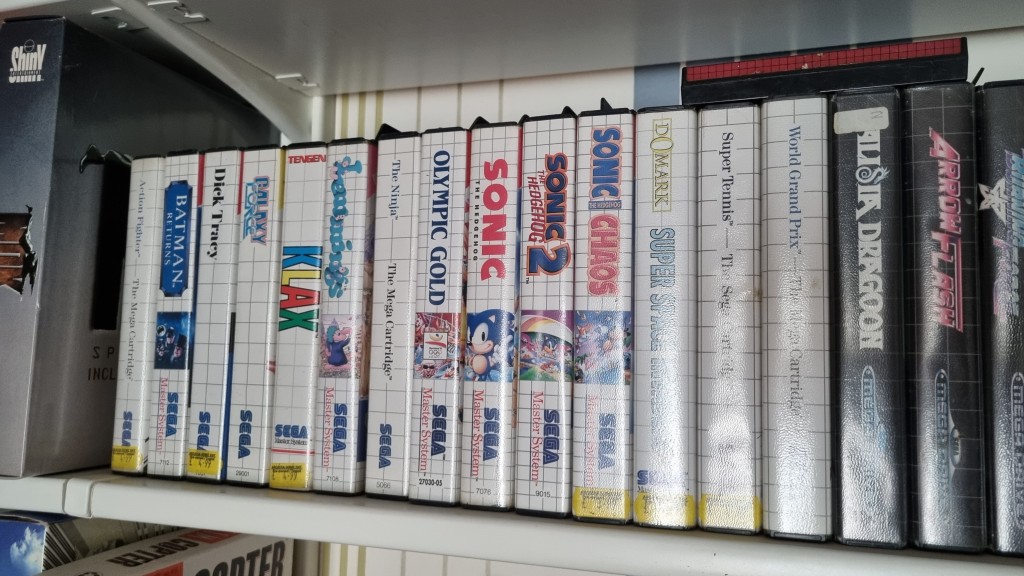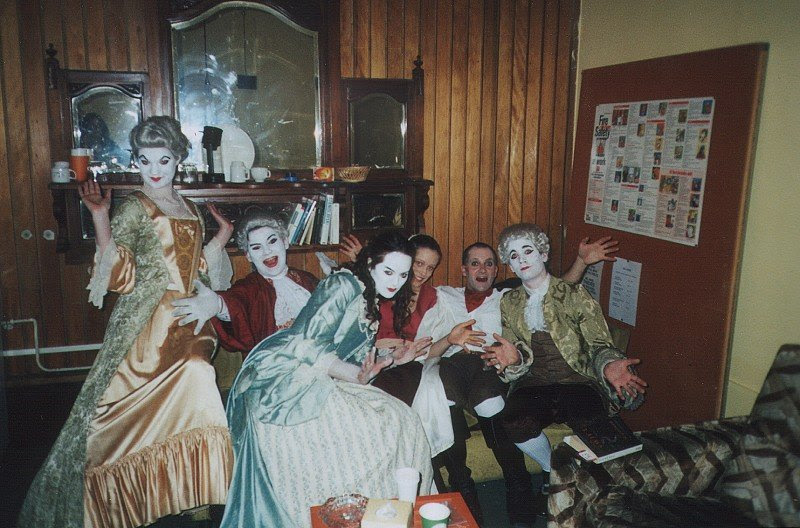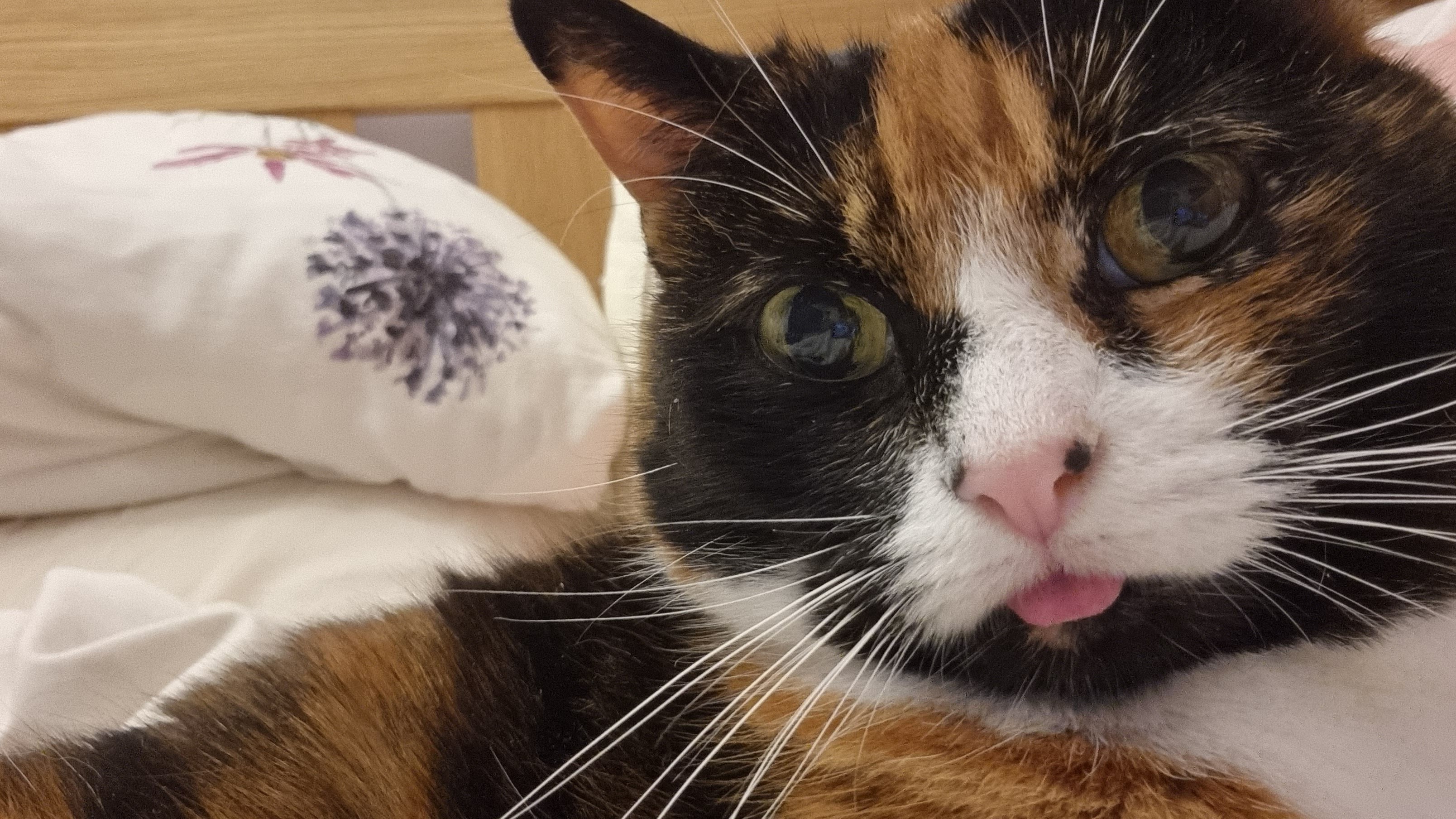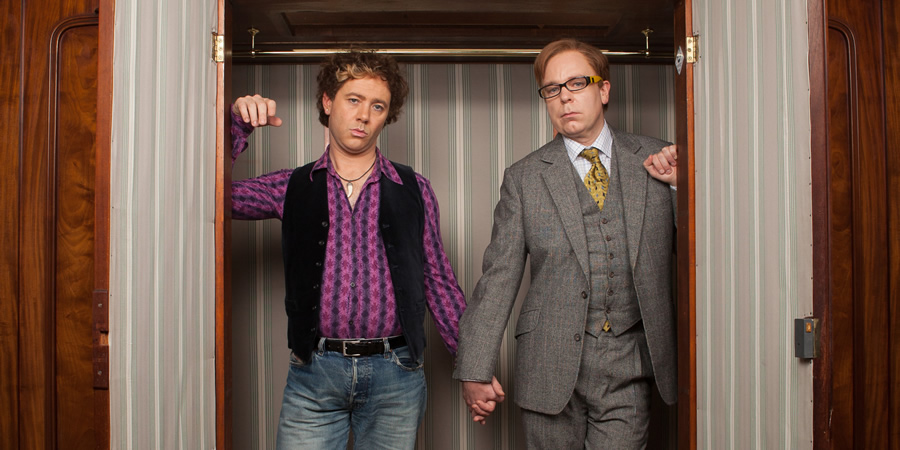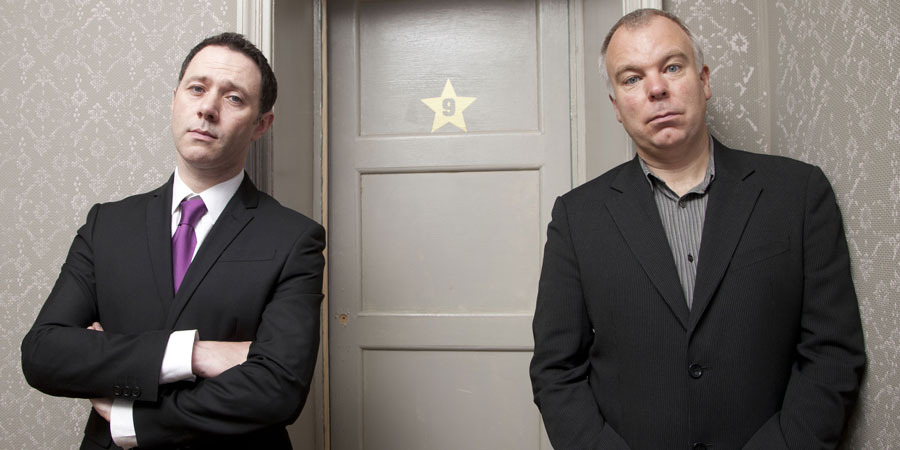This week is my last week as Editor of Rice Digital, and it’s also my last week as part of the modern games press. I’m not ruling out occasionally writing something either here or on MoeGamer based on things that I’ve particularly enjoyed and want to share, but after this Friday, that’s the end for me on regular commitments to Writing Stuff.
It’s a bittersweet moment, but it’s a step I’ve chosen to take — and yes, just to reassure you, this is entirely my decision — for a variety of reasons. Today I’d like to talk about them a bit in what will likely be a bit of a lengthy post. But I feel like I need to… express some things, even if no-one else actually reads them.
Before we go on, I’ll clarify that my time with Rice coming to a close is because I’m going all-in on a project I absolutely believe in: the Evercade project, which I’ve been involved with for some time now, and which, from next week, I will be a completely full-time, 100% dedicated member of.
Anyway. Let’s start with a bit of Pete backstory for the benefit of those who are newer acquaintances, or who don’t know my full background.
As a child of the ’80s, I was there for the beginning of home computing. Our family were relatively early adopters of home micros, quickly gathering beneath Atari’s standard and remaining loyal to them right up until it simply became more practical to make the switch to IBM compatible PCs.
I don’t actually know the exact reason my family chose to go with Atari, or the circumstances that led to us acquiring our first computer, an Atari 400, as they happened before I was aware of pretty much anything that was going on. By the time I had a vague amount of consciousness and sentience, though, computing was already an important part of our day-to-day life — and that continued.
The early days of home computer culture sounded like they were exciting to be a part of. My Dad and brother would often attend a local “computer club” — inevitably returning with armfuls of pirated software — and my brother had a (relatively) nearby friend who also had Atari computers and was more than willing to share his software with us.
My Dad had been a subscriber to a magazine called “Page 6” since its first issue. This began its life as a newsletter for a Birmingham-based Atari users’ group known as BUG (Birmingham User Group) but the folks working on it decided that they could potentially make something more of it. As such, from the very first issue, they did their best to create something that would be of broad interest to Atari users nationwide, not just in Birmingham.
Page 6 was a great source of information on our computers. It was filled with interesting articles, tutorials and even programs that you could type in and save to disk or cassette. It helped emphasise the fact that a home computer was more than just a games machine, and that in the right hands, it could be a powerful creative tool and a real benefit to the household.
Indeed it was; our Atari computers were always more than just glorified games consoles. We played games, yes, but every member of my family used them for a variety of other reasons, too. My parents used them to help manage the household. My mother used them for creative writing. My father used them for music production. My brother used them for digital art. We all used them to create charming banners and cards with Broderbund’s Print Shop software. And me? I did a bit of everything.
One day, my Dad became fascinated with a new piece of software he’d acquired: Flight Simulator II by subLOGIC. As a lifelong aviation enthusiast, my Dad was incredibly impressed by the seeming accuracy of Flight Simulator II — even despite the technological limitations of the Atari 8-bit — and found himself compelled to pen an article for Page 6 about it. As an enthusiast publication, Page 6 relied on contributions from its readership — and as a longstanding reader, my Dad felt a good means of giving something back would be to tell the rest of the Atari 8-bit community about this remarkable piece of software.
The article was published in the following issue — even getting a bit of cover space — and thus began a long relationship between our family and Page 6. My Dad would continue to contribute pretty much right up until the magazine finally folded in the late ’90s, and my brother would kick off what has, to date, been a long and incredibly successful career in games-related media and surrounding environs by writing reviews of Atari ST games.
As an impressionable child, I was, of course, fascinated by all this — to such a degree that I’d often type up my own reviews of games in AtariWriter on the Atari 8-bit, print them out on our Star SG-10 dot matrix printer, then file them away in a ring binder. My parents would even go so far as to “edit” them for me — a fact that I feel probably played a significant role in my own fastidiousness when editing others’ work today, as well as maintaining my own work to a set of high standards.
Eventually, when I was in my early teens, I finally got the opportunity I’d been waiting for: my Dad had negotiated with Page 6’s editor Les Ellingham (who, incidentally, had remained in charge of the magazine from its very first issue to its absolute final moments) and agreed to let me pen a couple of short pieces for the following issue. It was nothing major — half-page reviews of two budget rereleases from Psygnosis’ “Sizzlers” label — but the feeling I got when I finally saw my words in print was like nothing else.
Over the years, I contributed to a number of other publications, including PC Zone and the Official UK Nintendo Magazine. It never got any less magical to see my words on the page of a magazine you could buy on the newsstands — and back in those days, freelance writer rates were very generous indeed, it has to be said, particularly compared to the pittance offered by most websites today.
Things were changing, though. Internet connectivity was becoming more and more the norm for everyone, and websites were becoming more complex and interactive. One which my brother helped launch was known as 1up.com, and it showed the massive potential there was in building a publication that didn’t just have a passive “writer -> reader” relationship, but rather building a community where not only could the regular staff pen their expert opinions, but community members could also publish their own stuff and discuss it with one another.
It was through 1up.com and the community I found there that I started to find myself seeing a much broader gaming landscape. No longer did I feel constrained to only seek out the games that got good reviews from monthly magazines; discussing things with friends and sharing experiences together helped show me that sometimes it was much more interesting to explore the quirky, weird or flawed games that didn’t get much love from the press — or which passed by completely ignored, in some instances.
Magazines, which were already starting to die off by this point, still held an appeal for me — but this brave new online world seemed fascinating; it looked like a bright future was ahead for video games and the discussion surrounding them.
Over the years, though, something has gone horribly, horribly wrong. We’ve gone from a world where enthusiastic, specialist, knowledgeable writers share their well-informed thoughts about a variety of interesting games to one where outlets are unironically advertising for someone to oversee an AI churning out 200-250 articles per week just for the sake of having “content” on the site.
We’ve gone from a world where a “big release” remains relevant and interesting for months at a time, to one where a title that should be absolutely huge is forgotten about by the afternoon of release day.
And we’ve gone from a world where folks like to share their experiences in the hopes of convincing others to join them on a magical journey, to one where cynicism, bitterness and needlessly aggressive confrontation rules the roost.
Over the last decade or so in particular, I’ve done what I can to try and remain a positive force, celebrating the games that I’ve found particularly fascinating along the way, and especially when they’ve either got a raw deal from the mainstream press or been ignored completely.
I’ve done this both on a personal, passion project basis with MoeGamer, and professionally over at Rice. And I stand behind each and every thing I’ve written.
But I’m exhausted. You know why? Because it feels like no-one gives a shit. I tell people enthusiastically about a relatively unknown game I’ve enjoyed recently, and I’m greeted with silence at best, cynical or outright dismissive responses at worst. Hell, at the best of times I can’t even get the slightest reaction out of people who are supposedly my closest friends when I share something I’ve written.
This is, I don’t mind admitting, deeply saddening, particularly as someone who spent a significant portion of his life desperately wanting to be part of the games media; desperately wanting to be someone who helped chronicle this fascinating creative medium and celebrate its weird and wonderful creativity.
But when it seems that people would rather read SEO-optimised garbage like “Wordle Solution #756” or “How to Beat the K’ok Piz Shrine in The Legend of Zelda: Tears of the Kingdom” than an in-depth analysis of how a narrative-centric game successfully delivers on the ambitious themes it attempts to tackle? It’s hard to drum up the motivation any more. I don’t feel that same pride I once did when I saw my work in print — because I know that these days anything I write is just destined to be lost in the never-ending online “content” noise.
“Content” is king. People don’t “read” any more, they “consume”. And part of the difference between those two verbs is the amount of attention you pay. If you’re reading, you’re actively engaging; you’re learning something; you take something away from it. If you’re consuming, you’re just skimming over something for the sake of it without really taking it in. It’s just another way to fill time, to make existence feel a little less meaningless.
It’s not just writing that this affects, either. Look at the shift towards short-form video that has been happening for the past few years. This is the result of people demanding more and more mindless content and less in the way of things that actually enrich their lives in some way.
People’s attention spans are so shot from garbage like TikTok these days that stand-up comedians are now posting their jokes as individual 2-5 minute YouTube videos rather than expecting people to sit through a 90-minute set. And longer videos are regarded as “good background noise” rather than something you might want to pay attention to.
I detest it. It makes me sad, not just for the folks who have, in the past, worked hard on producing quality creative works for people to enjoy, but also for the idea of “culture” in general. I feel like if we’re living in a world where a significant portion of the population would rather watch some “influencer” bellowing at the camera on TikTok than engage with a thought-provoking work of art, that we’ve gone terribly, terribly wrong somewhere along the line.
Perhaps I’m wrong. Perhaps I’m missing something. Perhaps I’m old now, and I’m just having that same moment previous generations had when things like television and video games came along for the first time.
But as someone who has long believed in the validity of the video games medium as a legitimate form of art and a formidably flexible creative medium, I can’t help but feel like we’re going through a bit of a cultural dark age.
And, having spent so much time trying to resist that tide to seemingly little effect, I’m sure you won’t blame me for wanting to step back and just enjoy things for myself while, through my work, attempting to do good things for the medium in a somewhat different manner.
